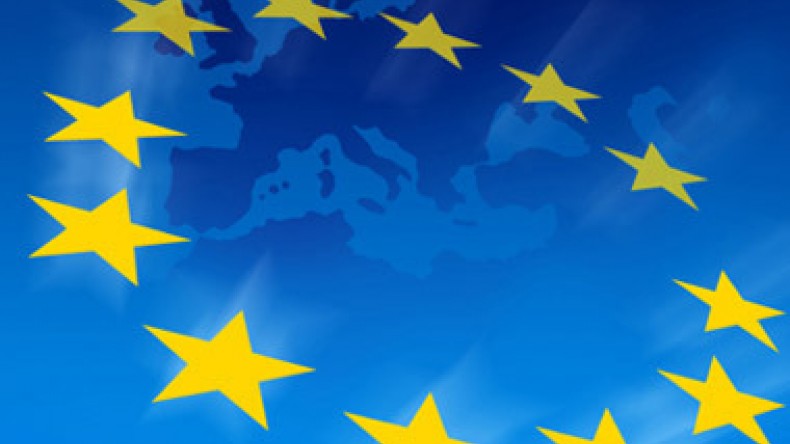
EU-Armenia Association Agreement (AA) progressed at a good pace
The European Commission and the European External Action Service (EAS) adopted their annual European Neighbourhood Policy (ENP) package, on 15 May, assessing the progress made in 12 neighbouring countries over the past year and sharing recommendations for the way forward, European Commission official website said.
The communication – ‘Delivering on a new European Neighbourhood Policy’ – drafted jointly by High Representative Catherine Ashton and Enlargement Commissioner Stefan Füle, finds that the EU has responded with “determination” to a fast-changing situation in its neighbourhood. “Applying the reform-rewarding logic of ‘more for more’, the EU has supported those partners embarking on political reforms,” a Commission statement said.
“I have always said that we will be judged on our work with our immediate neighbours, and I am convinced that we are moving in the right direction,” Ashton commented.
However, with regard to the 12 countries’ progress – Armenia, Azerbaijan, Belarus, Egypt, Georgia, Jordan, Lebanon, Moldova, Morocco, Syria, Tunisia, Ukraine, Algeria, Israel, Libya and the Occupied Palestinian Territory – the Commission sounds less enthusiastic.
Within the Eastern Partnership, the negotiations for an EU-Armenia Association Agreement (AA) progressed at a good pace. Armenia made substantial progress in implementing the “key recommendations” allowing for the launching of negotiations on a Deep and Comprehensive Free Trade Area (DCFTA). Overall, Armenia made good progress in the areas of Democracy and Human Rights.
On the basis of this year’s report and with a view to sustained implementation of the ENP Action Plan in 2012, Armenia is invited to ahead of the upcoming presidential elections scheduled in 2013, address the shortcomings identified by OSCE/ODIHR concerning the May 2012 Parliamentary elections, in order to fully meet recognized international democratic standards, step up efforts with Azerbaijan to reach agreement on the Madrid Principles in accordance with the commitments made by the Presidents of Armenia and Azerbaijan in the framework of the Minsk Group, provide unconditional access for representatives of the EU to Nagorno Karabakh and surrounding regions, fully investigate the deaths that occurred during the clashes of March 2008 and the allegations of ill-treatment in police custody and violation of due process, ensure finalisation and implementation of the National Human Rights Strategy and Action Plan, adopt amendments to the legislation on broadcasting in compliance with the recommendations of the OSCE and the Council of Europe, and ensure pluralism in the broadcasting media, finalise the draft law on Conscience and Religious Freedoms, in line with international standards as well as the legislation on alternative civilian service, in conformity with Venice Commission and OSCE recommendations, adopt comprehensive anti-discrimination legislation, including further steps leading to the harmonisation of legislation with the EU acquis in the areas of gender equality and non-discrimination, strengthen enforcement of the Anti-Corruption Strategy and boost capacity for combating corruption.
Armenia is encouraged to strengthen the implementation of the reform agenda presented by the Armenian authorities, including measures to reform public administration and the judicial sector (especially increase the independence of the judiciary, improve the training of judges, review the code of criminal procedure, pursue the Police Reform Programme), to continue to advance sectoral reforms and regulatory approximation to the EU acquis in trade and trade-related areas based on the key and additional recommendations identified in the preparation for the DCFTA, work towards the earliest possible closure of the Medzamor Nuclear Power Plant and adopt a detailed decommissioning plan for this plant, taking into account the result of stress tests.
Newsfeed
Videos






























